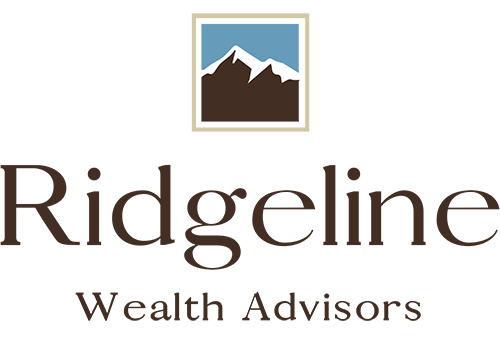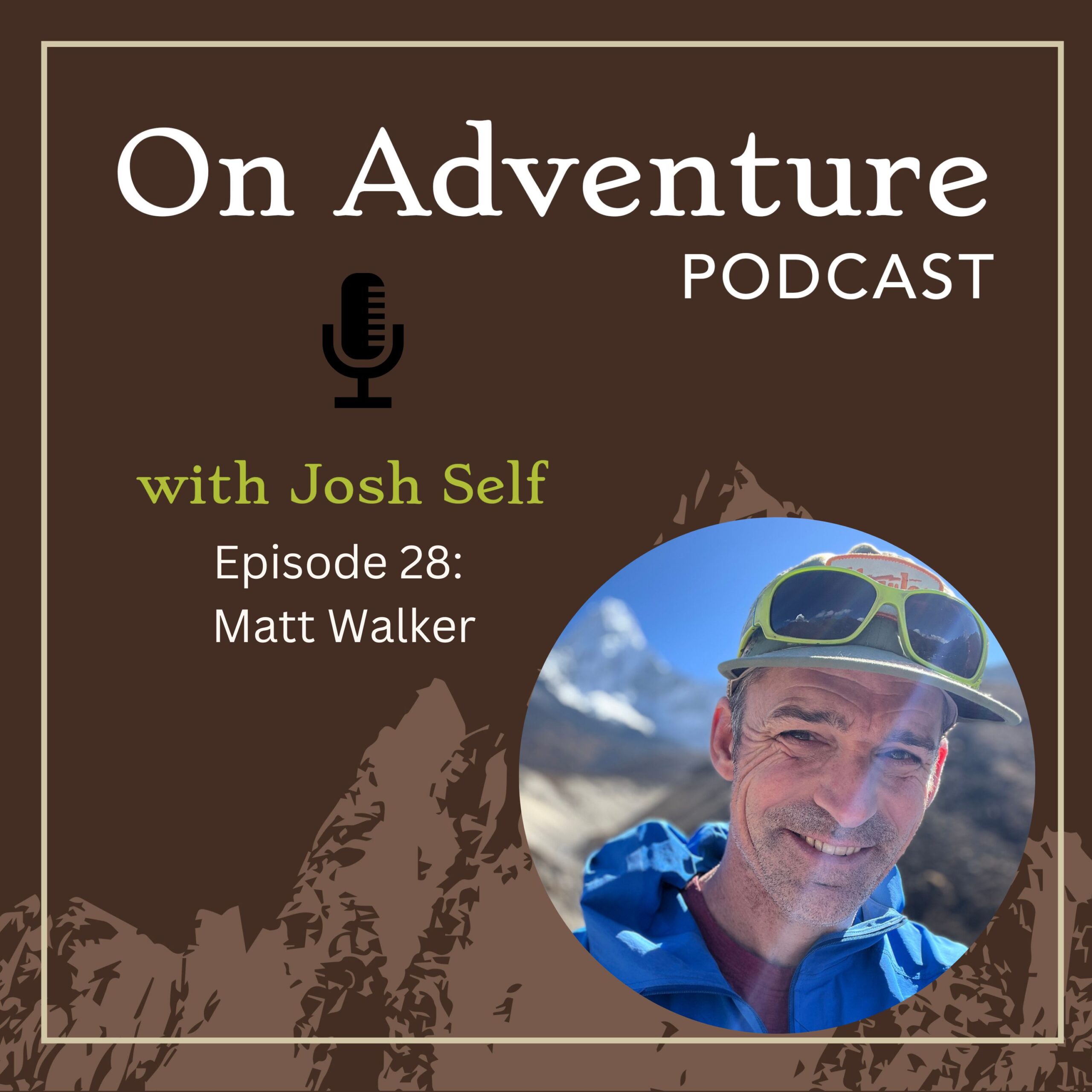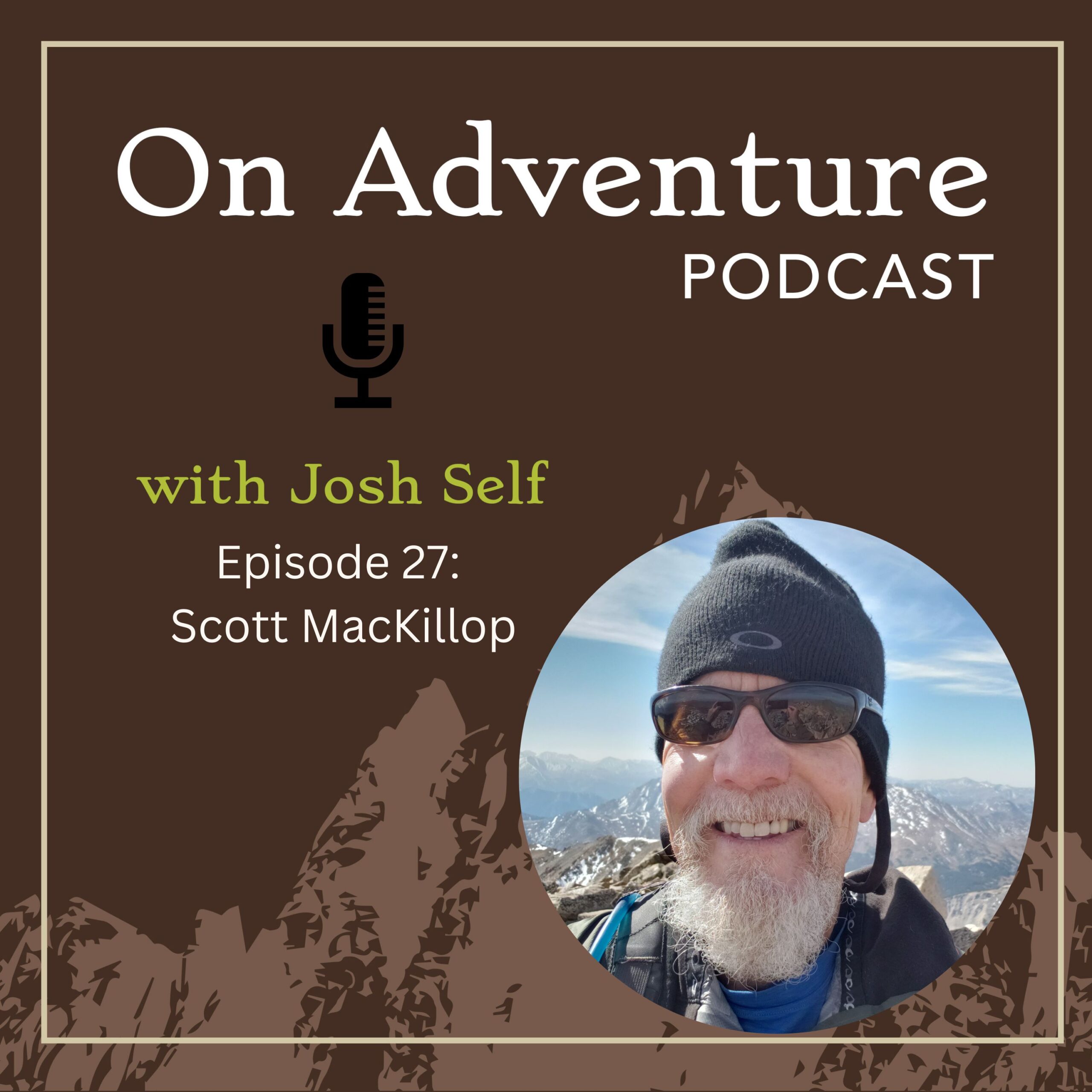“Simplicity is the ultimate sophistication,” proclaimed an Apple Computer marketing brochure back in 1977. In the ensuing decades, Steve Jobs’ commitment to this ideal resulted in technology products that were as beautiful as they were easy use, and in Apple becoming one of the most valuable companies in the world.
The clutter we accumulate in our lives often prevents us from fully experiencing the adventure and freedom that life offers. At some point, our possessions can become chains, anchoring us and stifling our spirit of adventure. Think about how paring down to the essentials in these four areas could improve your Return on Life (ROL) and fuel your adventurous spirit.
1. Simplify your space.
Imagine your home as a base camp for your next adventure. Surrounding yourself with too much stuff can weigh you down and inhibit your readiness for new experiences. Surrounding yourself with too much stuff can also have serious effects on your mental and physical health, including stress, depression, lack of focus, and higher risks of household injuries. Cleaning can have the opposite effects, filling you with positive feelings as you open up more physical space for yourself. As you organize things you want to keep and let go of those you don’t, you might feel nostalgia and gratitude for people and experiences that have enriched your life. And giving away items you’ve outgrown will make you feel good about helping someone else as you also make room for the exciting things that will be coming next. I consider myself pretty simple and not materialistic, but every time I go to do a clean out, I realize just how much I like my stuff. It is one thing to decide to simplify, but it is much harder work to actually do it. Just remember that simplifying is not just about reducing; it’s about making space for what truly ignites your passion.
2. Simplify your schedule.
Your calendar should be a roadmap to adventure, not a to-do list that leaves no room for spontaneity. Despite your many personal and professional responsibilities, you probably have more control over your days than you realize. With a little forethought, it’s usually possible to make time for exercise, reading, or a quiet cup of coffee, especially if you incorporate some of these activities into your morning or bedtime routine. But if you really can’t find time for a run or a dinner date with your spouse for the ‘big rocks’ in your life, you might need to take a hard look at your whole schedule and reassess your priorities. Are you staying up too late and sleeping in longer than you should? Are you taking more meetings at work than you really need to? If your schedule is constantly packed and stuck in the fast lane, there will never be space to chase your own great adventure. Simplifying your schedule can open up opportunities to chase new experiences and explore uncharted territories, both literally and metaphorically. As you probably know by now, I think having this pursuit is a must.
3. Simplify your thinking.
The running dialogue in your head that’s constantly dredging up regrets about the past and spreading anxiety about the future is robbing you of the present. It can be like fog on your path, obscuring the beautiful vistas ahead. Incorporate mindfulness into your daily routine to keep yourself focused on what you can and will accomplish today. Try meditation, yoga, or deep breathing exercises to root your mind and body in the here and now. Keeping a gratitude journal can also help you appreciate all of the good things in your life instead of dwelling on negative thoughts.
4. Simplify your finances.
What, ultimately, is your money for? Truly, the only value of money is in its use. Think of your finances as a toolkit for your explorations.
Yes, we all have to pay the bills and provide the essentials for our families. But the way we use our money should also be tied to specific, actionable life goals and upcoming transitions. When we don’t earn, spend, save, and invest on purpose, our money tends to scatter across possessions we don’t really need, subscriptions we don’t really use, debt that we could have avoided, and short-term solutions to problems that will continue to linger in the long run. Vacations get skipped, old cars get older and more unreliable. Then, suddenly, your family has outgrown your home but you can’t afford to move, or your kids are looking at colleges you can’t pay for, or you and your spouse are both wishing you had the means to retire.
When you eliminate what’s not essential, you’ll have more resources to commit to the people, places, and activities that make you truly happy. You can allocate more resources to experiences that bring joy and excitement. Want to have an authentic conversation about these things that really matter? Schedule an appointment with us and let’s talk about how our Life-Centered Planning process can simplify complex financial issues and keep you and your money organized so you can pursue your own great adventure now.









